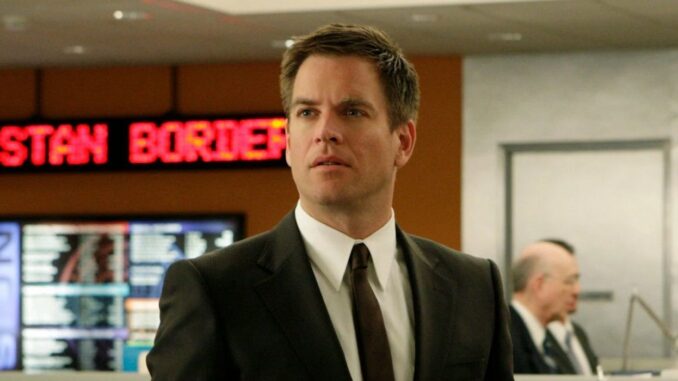
That One NCIS Scene That Still Hurts to Watch
NCIS is, for many, a televisual comfort blanket. Its procedural rhythm, its quirky characters, and the enduring father-figure of Jethro Gibbs offer a predictable solace in an unpredictable world. We know the rules, we understand the banter, and we’ve come to expect justice served. But even the most comforting blanket can conceal a shard of glass, a moment so sharp and unexpected that it pierces the fabric of that familiarity, leaving an enduring ache. For me, that shard is the final, horrific seconds of NCIS Season 2, the scene in "Twilight" where Special Agent Caitlin Todd dies.
The setup for the scene is almost cruelly idyllic. The team – Gibbs, Tony, McGee, and Kate – are on a rooftop in a tense standoff with Ari Haswari, the terrorist who has been tormenting them. The air crackles with danger, but then, with Gibbs's quick thinking, Ari is cornered, seemingly defeated. A collective exhale of relief seems to ripple through the audience. Kate, principled and quick-witted, even manages a final, sarcastic barb at Ari, a signature move that grounds her character. The tension breaks. The team laughs, a genuine, shared moment of triumph. They’ve survived. They’ve won.
Then, it happens.
The camera lingers on Kate’s smile, a genuine, unguarded moment of triumph and camaraderie. She turns to Tony, a playful glint in her eyes, about to deliver another quip. And then, a soundless, sickening thwack. A small, red bloom blossoms on her forehead. Her eyes, moments before filled with laughter, widened in incomprehension, then dulled. Before anyone could process, she collapsed, hitting the rooftop with a dreadful finality. The world inside the screen seemed to hold its breath.
It wasn't just the shock; it was the violation. Kate was the first major character we’d truly loved to be ripped away so brutally, in a show that, until then, had felt almost invincible. There was no noble sacrifice, no lingering goodbye. Just a sudden, clinical execution from a sniper's bullet. The impact on the remaining team was visceral: Gibbs, a primal roar of agony and rage tearing from his throat, leveling his Sig Sauer at the empty air where Ari had been. Tony, usually so quick with a quip, was frozen, his face a mask of horrified disbelief, a silent scream of "No!" trapped in his throat. McGee, the neophyte, looked utterly shattered, the innocence draining from his eyes.
Every rewatch, that gut-wrenching moment lurks, a ticking time bomb of dread. Even knowing it's coming, the sense of impending doom doesn't soften the blow; it only intensifies the agony. You see Kate’s beautiful smile, her easy laugh, her vibrant energy, and you know, with a sick certainty, that in mere seconds, it will all be extinguished. It's the knowledge of what's lost: the potential stories, the growth, the witty retorts, the evolving team dynamic. Kate was the team’s moral compass, their heart, the one who often challenged Gibbs's darker impulses. Her death was not just a plot point; it was an amputation, altering the very DNA of the series.
That one NCIS scene remains a raw wound because it shattered the unspoken contract between viewer and show. It declared, unequivocally, that no one was truly safe. It introduced a stark, unsettling fragility to a world we had come to trust. It cemented Gibbs’s protective, often obsessive, nature and profoundly shaped Tony and McGee, leaving emotional scars that would echo for seasons. It’s a testament to the power of television that a fictional character’s death, nearly two decades later, can still evoke such a powerful, visceral sense of loss and profound unease. It’s not just a scene; it’s a permanent scar on the heart of a beloved show.